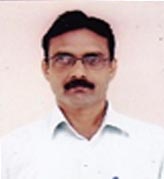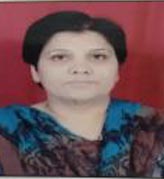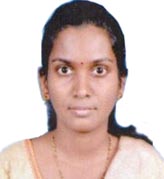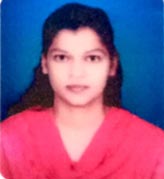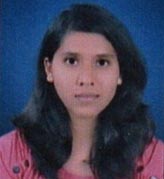About Department
The Civil Engineering is the oldest branch, as a mother of main engineering disciplines. It kept pace with the rapid growth of the industrialization and infrastructural development. It provides basic amenities required for the survival and sustainable development which is environment friendly
The department seeks expertise from several branches like Structures, soil and foundation, Hydraulics, Survey, Environment Engineering. Department have a very good industry interaction through testing and consultancy, Expert Lecture, field training and industry visit etc. the department has well qualified and experienced faculties.
About employability scope:
Civil engineers can design, construct, supervise, and maintain large construction projects and systems, including Roads, Airports, Tunnels, Dams, Bridges, and System for water supply, Sewage treatment with largest scope in private and government sector. Many civil engineers work in design, construction, research and education sector.
Annual Intake
| Sr.No | Course | Intake |
|---|---|---|
| 1 | Engineering(B.Tech.) | 30 |
| 2 | Polytechnic | 30 |
Vision
• To become a department of excellence that brings out Civil engineers with high technical competencies and promotes high end research to meet the current and future challenges in Civil engineering.
Mission
• To offer under graduate programs in civil engineering and other skill development courses that add value to student competencies.
• To promote quality education, research and consultancy for industrial and societal needs.
• To impart knowledge with emphasis on the development of leadership qualities in civil engineering students.
• To encourage students to pursue higher education and take competitive exams and various career enhancing courses.
• To have regular interaction with industry and offer solutions to their problems.
Programme Outcomes(POs)
• PO1 Engineering Knowledge :Apply the knowledge of mathematics, science, engineering fundamentals, and an engineering specialization to the solution of complex engineering problems.
• PO2 Problem analysis :Identify, formulate, research literature, and analyze complex engineering problems reaching substantiated conclusions using first principles of mathematics, natural sciences, and engineering sciences.
• PO3 Design/development of solutions: for complex engineering problems and design systems, components or processes that meet specified needs with appropriate consideration for public health and safety, cultural, societal, and environmental considerations.
• PO4 Conduct investigations of complex problems: Use research-based knowledge and research methods including design of experiments, analysis and interpretation of data, and synthesis of the information to provide valid conclusions.
• PO5 Modern Tool Usage :Create, select, and apply appropriate techniques, resources, and modern engineering and IT tools including prediction and modeling to complex engineering activities with an understanding of the limitations.
• PO6 The Engineer and Society :Apply reasoning informed by the contextual knowledge to assess societal, health, safety, legal, and cultural issues and the consequent responsibilities relevant to the professional engineering practice.
• PO7 Environment and Sustainability: Understand the impact of the professional engineering solutions in societal and environmental contexts, and demonstrate the knowledge of need for sustainable development.
• PO8 Ethics :Apply ethical principles and commit to professional ethics and responsibilities and norms of the engineering practice.
• PO9 Individual and Team Work :Function effectively as an individual, and as a member or leader in diverse teams, and in multidisciplinary settings.
• PO10 Communication: Communicate effectively on complex engineering activities with the engineering community and with society at large. Some of them are, being able to comprehend and write effective reports and design documentation, make effective presentations, and give and receive clear instructions.
• PO11 Project Management and Finance :Demonstrate knowledge and understanding of the engineering and management principles and apply these to one’s own work, as a member and leader in a team, to manage projects and in multidisciplinary environments.
• PO12 Life Long Learning : Recognize the need for, and have the ability to engage in independent and life-long learning
Program Specific Outcome(PSOs)
• PSO1:To manage projects practices with multidisciplinary teams, construction techniques, management skills using professional ethics and social awareness.
• PSO2:Be able to analyze and design civil engineering projects for successful implementation.
• PSO3:Exhibit professionalism, leadership, effective communication and presentation in their profession by acquiring position or degree with value based quality education.
• PSO4:To succeed in civil engineering practices or research using knowledge of mathematics, science, engineering fundamentals, model techniques and skill level of civil engineering its relevant areas.
• PSO5:To engage in lifelong learning which tends to research work, innovation in their work, adaptation of modern technology, technological and cultural changes.
Faculty Profile
Technical Staff
Syllabus
| Sr. No | Title | View |
|---|---|---|
| 1 | B.Tech(Civil Engineering)- Syllabus | View |
Course Plan
Students Achievements
Publications
Downloads
Newsletter
Photo Gallery
Reports
Workshop
Seminars/workshops/conferences
Students activities
Industrial visits
Guest Lectures


